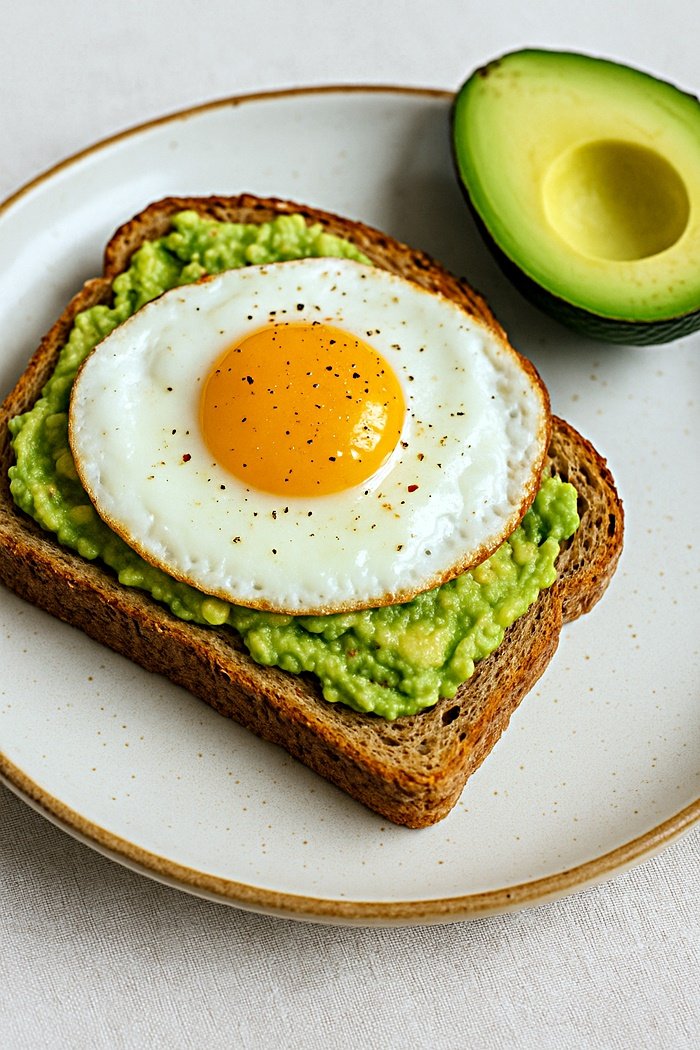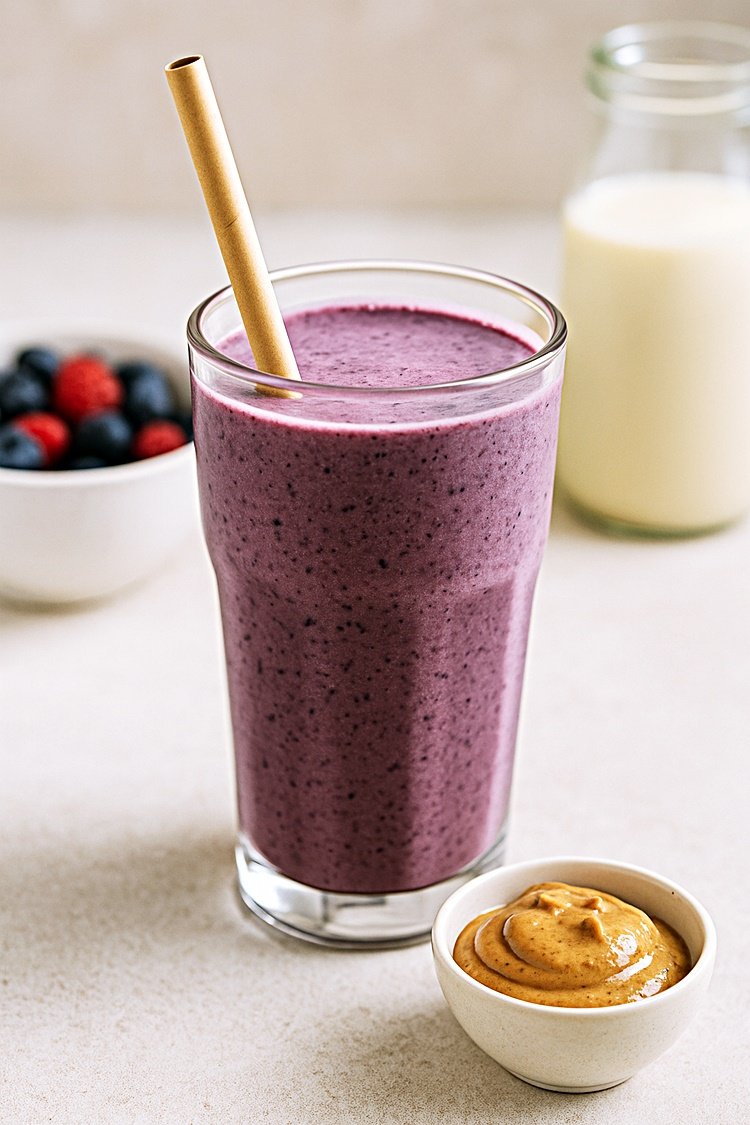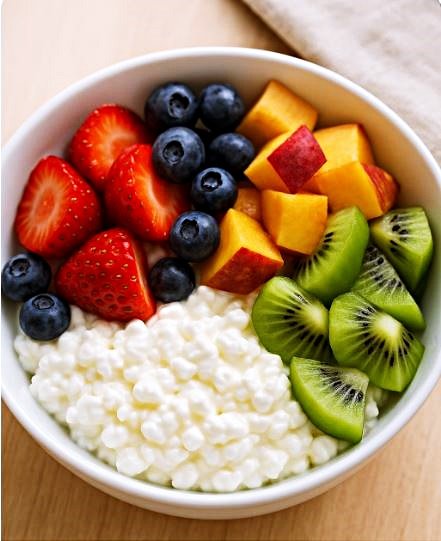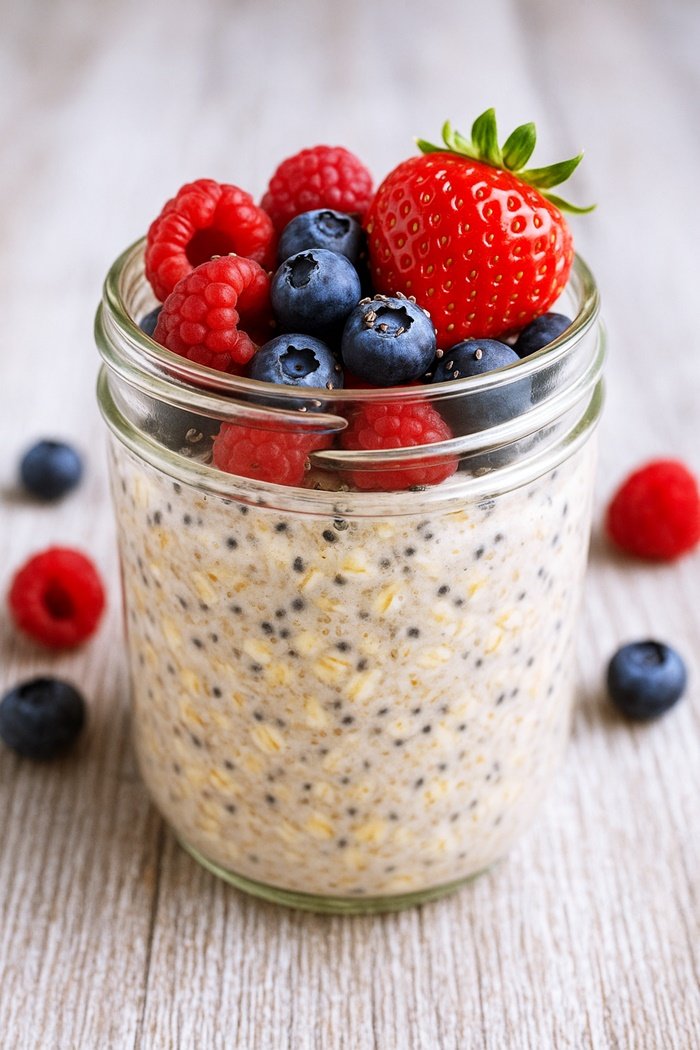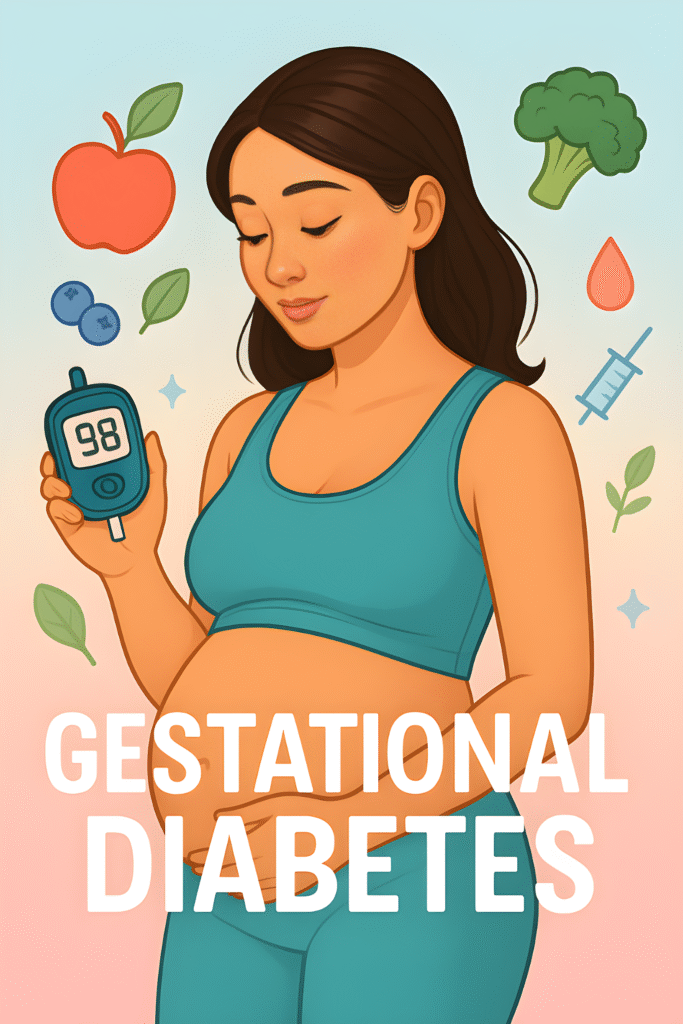
Gestational Diabetes Nutrition Guide: Managing Blood Sugar for You and Baby
Understanding Gestational Diabetes
Gestational diabetes mellitus (GDM) develops when your body can’t produce enough insulin to handle the demands of pregnancy, resulting in high blood sugar levels. This typically occurs around 24-28 weeks and affects about 2-10% of pregnancies.
What’s Happening in Your Body?
✔ Insulin resistance – Pregnancy hormones block insulin’s effectiveness
✔ Pancreas struggles to produce 2-3x more insulin needed
✔ Excess glucose crosses placenta, causing baby to grow larger
✔ Increased risk of preeclampsia and future Type 2 diabetes
The good news? With proper diet and monitoring, most women control GDM effectively!
Best Foods for Gestational Diabetes
Carbohydrates (30-45g per meal)
Why? The right carbs prevent spikes while fueling baby’s growth
✔ Non-starchy veggies – Broccoli, spinach, peppers (5g carbs/cup)
✔ High-fiber grains – Quinoa, oats, whole wheat bread (15g/serving)
✔ Low-glycemic fruits – Berries, apples, pears (15g/serving)
Protein (20-30g per meal)
Why? Stabilizes blood sugar and supports baby’s development
✔ Lean meats – Chicken, turkey, lean beef
✔ Fish – Salmon, sardines (2-3x/week for omega-3s)
✔ Plant proteins – Lentils, tofu, Greek yogurt
Healthy Fats (10-15g per meal)
Why? Slows carb absorption and reduces inflammation
✔ Avocados
✔ Nuts & seeds – Almonds, chia seeds
✔ Olive oil
Macronutrient Breakdown for GDM
| Nutrient | Daily Amount | % of Calories |
|---|---|---|
| Carbohydrates | 150-175g | 35-45% |
| Protein | 80-100g | 25-35% |
| Fats | 50-70g | 25-35% |
Calorie Needs:
- Normal weight: 30 kcal/kg current weight
- Overweight: 25 kcal/kg
- Obese: 20-25 kcal/kg
*(Example: 68kg woman = ~2,000-2,200 kcal/day)*
Sample Gestational Diabetes Meal Plan (2,100 kcal)
Breakfast (400 kcal)
- Veggie omelet (2 eggs + spinach/mushrooms)
- 1 slice whole grain toast with 1/4 avocado
- Macros: 30g carbs, 20g protein, 20g fat
Morning Snack (200 kcal)
- 1/2 cup cottage cheese with cucumber slices
- Macros: 8g carbs, 15g protein, 5g fat
Lunch (500 kcal)
- Grilled chicken salad (2 cups greens, 1/2 cup quinoa, olive oil dressing)
- Macros: 35g carbs, 30g protein, 25g fat
Afternoon Snack (250 kcal)
- Apple slices with 1 tbsp almond butter
- Macros: 25g carbs, 5g protein, 12g fat
Dinner (550 kcal)
- Baked salmon (4oz) with roasted Brussels sprouts and 1/3 cup brown rice
- Macros: 40g carbs, 30g protein, 25g fat
Evening Snack (200 kcal)
- Greek yogurt with cinnamon and walnuts
- Macros: 15g carbs, 15g protein, 10g fat
Foods to Avoid with GDM
Simple sugars – Soda, juice, candy
Refined grains – White bread, white rice
Fried foods – High in unhealthy fats
Sweetened beverages – Even “healthy” smoothies
Pro Tips for Managing GDM
✔ Test blood sugar 4x/day (fasting + after meals)
✔ Pair carbs with protein/fat at every meal
✔ Walk for 10 minutes after meals to lower blood sugar
✔ Space meals every 2-3 hours (3 meals + 3 snacks)
When to Call Your Doctor
Consistently high readings (fasting >95, 1hr post-meal >140)
Ketones in urine (may indicate need for insulin)
Excessive thirst/frequent urination
Blurred vision or extreme fatigue
Free Gestational Diabetes Tracker
Download Below (Includes meal planner, glucose log, and carb counts!)
Final Thoughts
While gestational diabetes requires careful management, the right diet and lifestyle changes can keep you and your baby healthy. Focus on balanced meals, regular movement, and consistent monitoring – this temporary challenge will be worth it when you meet your little one!
(Note: Always follow your healthcare provider’s specific recommendations.)
